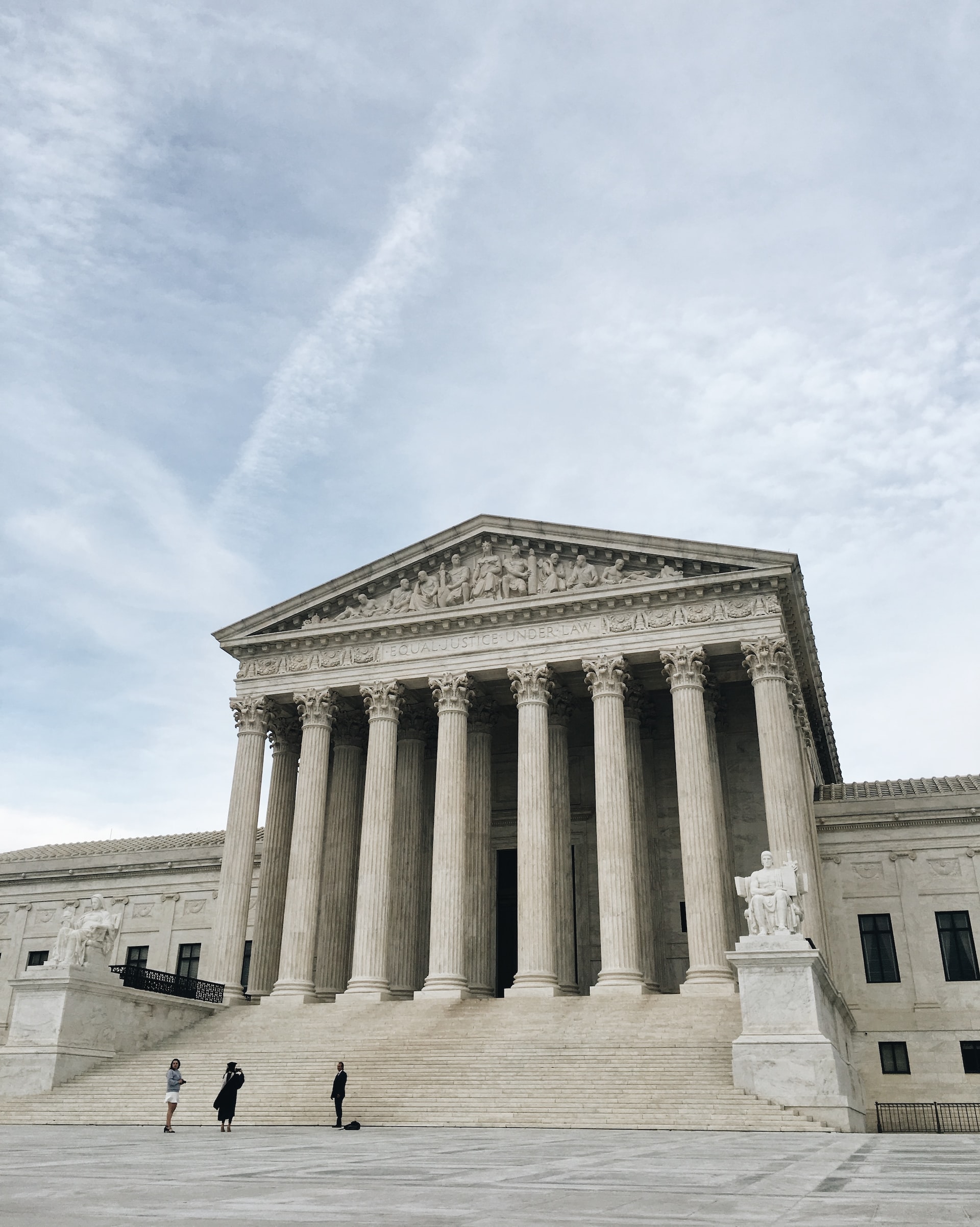Se habla español
Menu

Many people around the world want to live in the United States, but just moving to the U.S. does not mean you are allowed to stay.
If you don’t follow the rights rules, the U.S. government can decide to deport you. That means they make you leave the country, even if you want to stay in the U.S.
In general, there are five reasons the U.S. government might believe a non-U.S. citizen should be removed.
To learn more, click above for a FREE consultation with the U.S. immigration attorneys of Aftalion Law Group.
It is scary and stressful to face removal proceedings. We understand and here to help. We take the time to listen to your concerns and answer all the questions you have so you unders each part of the process. We are by your side so you can understand everything you need to know.
The first step we take with you is to give our honest and full opinion about your case. If we believe there is not enough evidence to prove you should have to leave the county, we will help you prepare for removal hearing by listening to you concerns, answering all you questions, and creating any documents you will need.
If you have to leave the United States, we will explain the options you still have. For example, we can help you decide if you should apply for asylum, permanent residency status, or a waiver under the Immigration and Nationality Act.
We will do everything in our power to prevent removal, but sometimes it still happens. If so, we will help you understand the process and give you advice on what to do.
For example, we can help you leave the country voluntarily rather than being forced to by the government. This is important because you might be able to come back to the U.S. in the future if you leave voluntarily.
To learn more, click above for a FREE consultation with the U.S. immigration attorneys of Aftalion Law Group.
The information on this website was written as advertising material and is intended for general information purposes only. Nothing on this site should be taken as legal advice for any individual case or situation. This information is not intended to create, and receipt or viewing does not constitute, an paralegal-client relationship.
@2023 Aftalion Immigration Law by Legal Soft